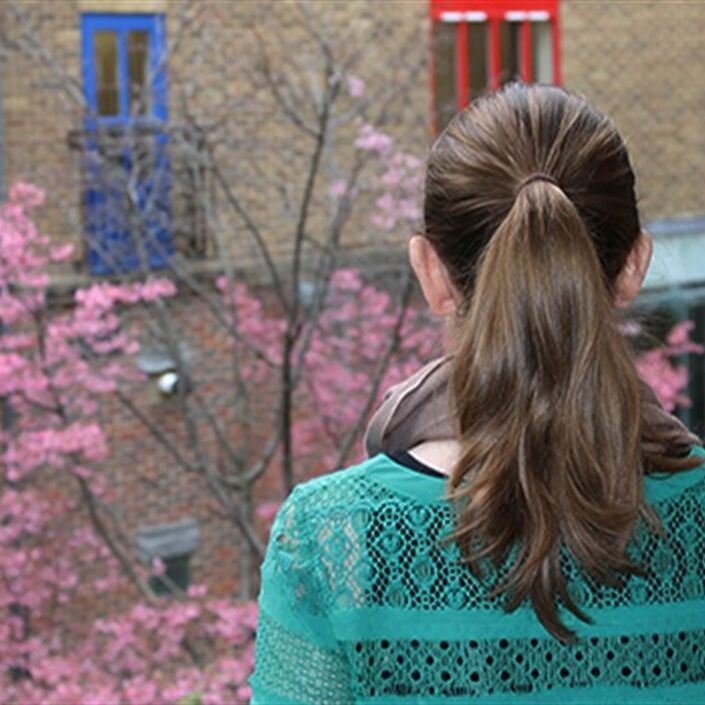Hospital staff now offer parents opportunities to create memories of their baby and to collect keepsakes that will help them to remember their baby. Although you may feel unsure about doing this, photos and other items can be precious, especially in the years to come. Having keepsakes to share with family members and friends may also help them to understand what the death of your baby means to you.
The staff caring for you will suggest a range of things you could do. Take time to think about what is right for you. If your baby died in the neonatal unit, you may have had time to start doing some of these.
The neonatal unit will probably have a room where you can be alone with your baby if you wish. Staff may ask if you wish to wash and dress your baby, or if you would prefer them to do this for you. Most units will take a photo of your baby, if you give permission.
You might also receive a memento card with a footprint or handprint and a lock of your baby’s hair. Some parents keep the baby’s nametag and hat. Keepsakes like this affirm that this baby was part of your family and always will be.
It varies in each hospital, but in most units you should be able to stay with your baby for as long as you like. Many hospitals have multi-faith prayer rooms and chaplains to offer their support if or when you need it.
The hospital should offer some bereavement counselling to help you. Local hospice staff will also be able to tell you about the various procedures and choices. You can also talk to your faith leader or a funeral director.
Sands have produced a booklet, 'Saying goodbye to your baby'. It has been written for parents who have lost a baby and is based on information gathered from bereaved parents. The booklet contains chapters on how you may feel now and in the weeks and months ahead.
It also covers practical aspects such as registering your baby’s birth and death, telling your family and friends, creating memories, post mortem examinations and deciding about a funeral.


